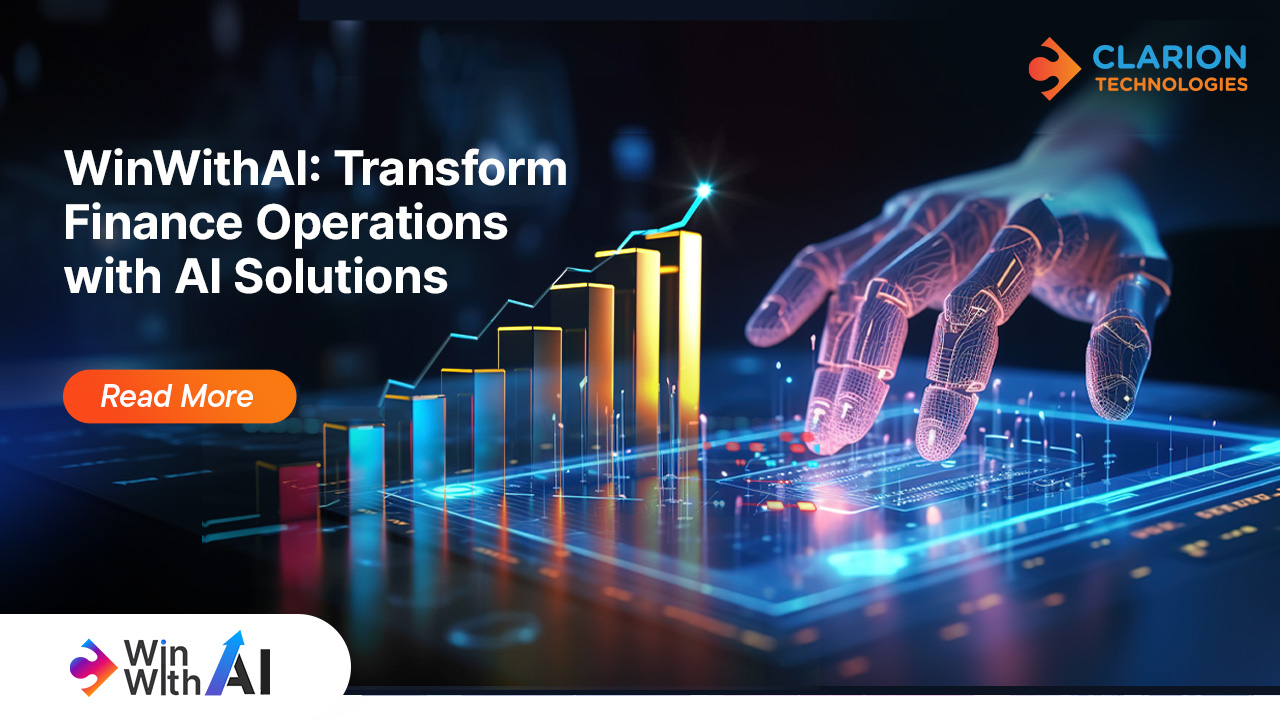AI Enhancing HR for the Future of Work
Explore how AI is transforming HR functions for the better with data automation to streamline recruitment and onboarding.
As an HR professional, I've often encountered the misconception that artificial intelligence (AI) will replace employees when it outperforms them in specific tasks. However, the reality is much more nuanced. AI can be a powerful tool that enhances the capabilities of HR teams, streamlining various responsibilities and supporting the evolving needs of the workforce.
While some HR leaders may have concerns about data privacy, bias, and ethical issues surrounding AI implementation, AI is being rapidly deployed across organizations. In a recent Gartner benchmarking session, 34% of HR leaders reported exploring potential use cases and opportunities for generative AI, a subset of the broader AI landscape.
As AI adoption grows, HR leaders must understand its potential benefits and address common myths surrounding its implementation.
Common Myths
Two prevalent myths about AI in HR technology usage need to be addressed:
- Myth: AI will replace employees when it performs better than they do in current tasks.
Reality: AI tools are designed to augment human capabilities, not replace them. AI can be used to delegate tasks, freeing up employees to focus on higher-value activities.
- Myth: HR leaders are holding back on AI-powered tool implementation due to data privacy, bias, and ethics concerns.
Reality: Despite these concerns, AI is being rapidly deployed. In a January 2024 Gartner benchmarking session, 34% of HR leaders reported exploring potential use cases and opportunities for generative AI.
Why HR Needs to Focus on AI
The future of work is changing, and HR departments need to adapt. According to a global study by the IBM Institute for Business Value (IBV), surveyed executives estimate that 40% of their workforce will need to reskill due to implementing AI and automation over the next three years. This transition will directly impact HR, as companies look to fill roles that perform augmented tasks and workers seek new jobs as their own functions evolve.

Use Cases of AI in HR
AI tools can be applied in various HR areas, including:
Use Case
- Employee Records Management: AI can automate data entry, ensuring accurate and up-to-date employee records.
- Recruitment and Hiring Processes: AI-powered chatbots can assist in initial screening and candidate matching, reducing the workload for HR teams.
- Performance Management and Assessments AI-powered tools can help in performance evaluations, providing data-driven insights and recommendations.
- Onboarding New Employees: AI-powered onboarding tools can provide personalized welcome messages, streamline paperwork, and facilitate employee integration.
- HR Support or Service Desks: AI-powered chatbots can assist in HR support, providing instant answers to employee queries and reducing the workload for HR teams.
Conclusion
By understanding the benefits and addressing common myths, HR leaders can leverage AI to streamline various responsibilities, improve efficiency, and support the future of work. As the workforce continues to evolve, it is essential for HR departments to stay ahead of the curve by embracing AI and its potential to transform HR functions.

-1.jpg)

